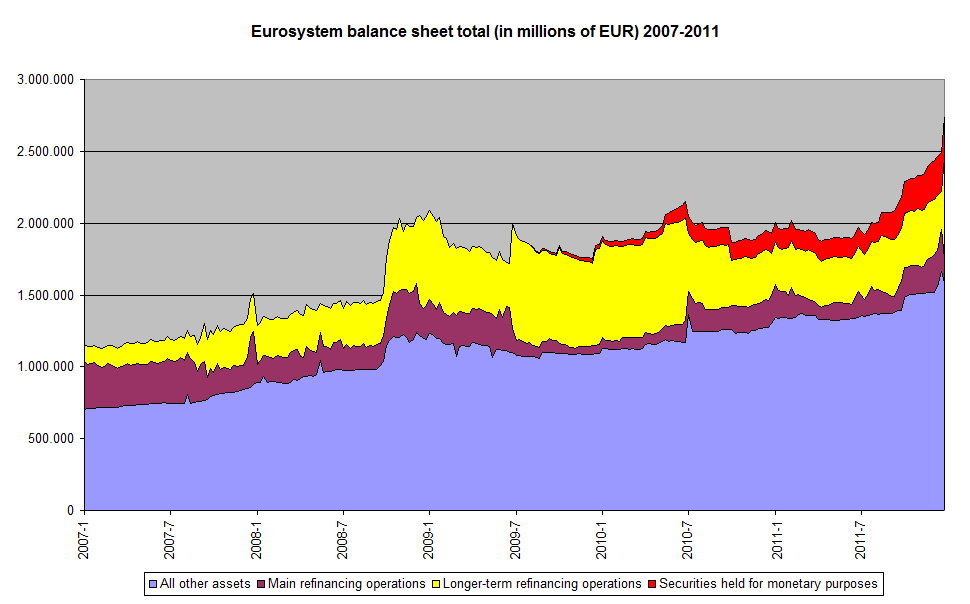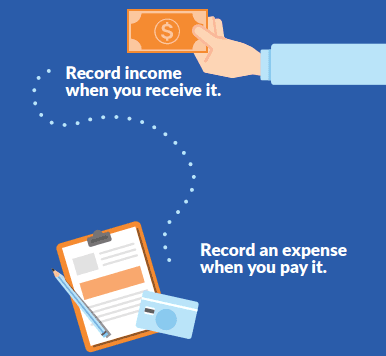
If time is of the essence and you need quick solutions to your business finance challenges, Inks’ guide is an invaluable resource. “Profit First” fundamentally shifts your financial management perspective, guiding you to prioritize profits over revenues. You’ll learn how to turn your business from a “cash-eating monster” into a sustainable, profitable dollar-value lifo method calculation entity with a robust financial health, through practical steps and real-life business examples.
Key Components of Bookkeeping
If you aspire to think like Warren Buffett when assessing investments, this guidebook demystifies the accounting practices that underlie his success. Joel G. Siegel Ph.D. and Jae K. Shim Ph.D. are esteemed figures in the academic and professional world of accounting. They have both made significant contributions to the field through their teachings, research, and writings.
How Much Does Accounting Software for Small Business Cost?
For those in the financial domain, this book serves as an invaluable resource. Whether you’re a student or a professional, the book ensures that you’re abreast of the latest in the accounting world. Mullis and Orloff creatively utilize breaking your femur at rileys is potentially fatal the metaphor of a lemonade stand to make accounting both engaging and comprehensible. It’s an interactive learning journey that transforms accounting from mundane to exciting.
Simplify your accounting with the right tools
In short, Online is the more comprehensive and robust option for businesses with many vendors, employees, and clients. Solopreneur lacks Online’s reporting, inventory, and sales tracking tools. Even if you aren’t planning on growing any time soon, you need to have a sense of how much money is coming in versus what is going out. On top of that, you need the data used in bookkeeping to file your taxes direct material inventory accurately.

Since the information gathered in bookkeeping is used by accountants and business owners, it is the basis of all the financial statements generated. Most accounting software allows you to automatically run common financial statements such as an income and expense statement, balance sheet and cash flow statement. Business owners or accountants can then use these statements to gain insight into the business’s financial health. Most accounting software is easy to use, but a general understanding of accounting practices will help ensure that financial reports are prepared correctly. For this reason, many small business owners hire bookkeepers or accountants to maintain or review their books. Cloud-based accounting software allows businesses to share their accounting data with their bookkeepers or accountants.
- Similarly, you don’t notate outstanding bills until you actually pay them.
- With a structured approach, Label demystifies accounting for those without a financial background, making the subject both comprehensible and engaging.
- This guide is a vital resource for anyone needing a clear and comprehensible overview of managerial accounting principles.
- Freelancers and micro-business owners may not need accounting software if they outsource accounting tasks to a CPA.
How To Manage Bookkeeping in 4 Steps
Mark P. Holtzman’s “Managerial Accounting For Dummies” simplifies complex managerial accounting concepts for students, professionals, and small business owners. The book navigates through fundamental aspects of managerial accounting, providing insightful explanations and practical examples. Wayne Label’s work is a comprehensive and accessible primer for those who have little to no background in accounting. It breaks down intricate accounting concepts into manageable lessons for beginners, serving as an essential resource for small business owners. Epstein and Tracy have distilled their extensive knowledge into this all-in-one guide, providing insights into the importance of keeping impeccable financial records. You’ll grasp the ins and outs of financial statements, inventory accounting, and financial planning and control, arming yourself with the tools necessary for sound financial management of your business.
Most small businesses today don’t track business finances in literal bound books. They typically use accounting software that links to a business bank account, monitors its transactions, and generates financial reports. As a small business owner, having a solid grasp of accounting principles is vital. Hughes’ guide is designed to be your one-stop reference, providing detailed explanations and practical examples to simplify complex accounting concepts and practices. The book arms test-takers with essential strategies and secrets to tackle the CPA exam effectively.
QuickBooks Solopreneur is another Intuit product with a cloud-based online interface and a mobile app. This software was created to help freelancers stay organized each year for tax season. Features of QuickBooks Solopreneur include tracking mileage, sorting expenses, organizing receipts, and estimating and filing taxes through TurboTax. As a business owner, it is important to understand your company’s financial health. Bookkeeping puts all the information in so that you can extract the necessary information to make decisions about hiring, marketing and growth. Though often confused for each other, there are key differences between bookkeeping and accounting.
For small business owners seeking a hands-on approach to financial management, this book offers a blend of theoretical knowledge and practical tools. This guide is a vital resource for anyone needing a clear and comprehensible overview of managerial accounting principles. Its straightforward approach makes it an excellent reference for students, small business owners, and professionals aiming to grasp and apply managerial accounting tools effectively. If you’re in search of a straightforward, jargon-free guide to accounting principles, “Accounting Made Simple” is your go-to resource.













